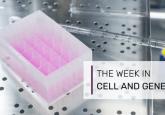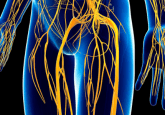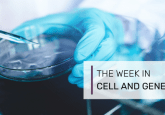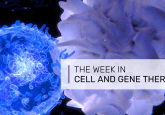Top 3 grants in regenerative medicine: January 2024
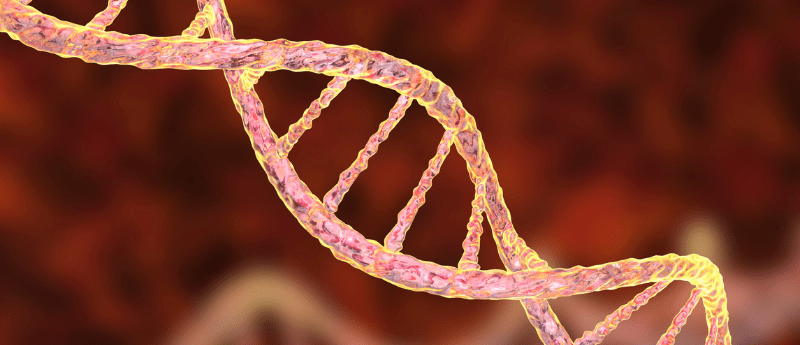
This month’s top grants in regenerative medicine, sourced from Dimensions, include projects on reactivating dormant neural stem cells to treat stroke, exploring new avenues for treating age-related hearing loss and using cortical brain organoids to treat cerebral cortex injuries.
Check out this month’s top grants in regenerative medicine:
Organoid-based therapy for cortical brain injuries
There is currently a lack of effective treatment options for brain injuries impacting the cerebral cortex. While stem cell therapies could theoretically replace damaged or lost cells in the cerebral cortex, they are limited in their ability to fully replace lost neurons and restore damaged neural circuits.
To overcome these challenges, this research aims to develop a therapeutic option that will utilize cortical brain organoids (CBOs) grown from stem cells. These CBOs mimic the structure and function of the cerebral cortex. The researchers will employ advanced 3D bioprinting techniques to guide the formation of functional connections between these CBOs in vitro before engrafting them into the lesioned cortex of mice. Additionally, the researchers intend to develop a hydrogel that will support the engraftment to re-establish the neuronal network and restore function.
Funding amount: US$1,620,839
Funding period: 1 January 2024 – 31 December 2028
Funder: European Research Council (Brussels, Belgium)
Research organization: University of Padua (Italy)
Venetian Institute of Molecular Medicine (Padua, Italy)
Novel gene therapy target to treat hearing loss
The main targets of gene therapy for age-related hearing loss have been sensory hair cells and auditory neurons in the cochlea. However, recent studies suggest that targeting these cells may not be sufficient. The researchers of this study have established that dysfunction in the stria vascularis, a structure in the cochlea that provides the electrical potential for mechanotransduction, can lead to profound hearing loss even if hair cells and neurons are regenerated. Essentially, if the stria vascularis is affected, regenerated hair cells and neurons are rendered useless.
The team has discovered a novel non-invasive gene delivery method that utilizes cerebrospinal fluid to reach the cochlea, without performing invasive surgeries that may risk damaging the inner ear. They have shown that AAVs can travel this route and transduce cells, fully restoring hearing in a mouse model of human deafness. This project aims to employ this delivery method to identify AAV serotypes that can specifically target stria vascularis cells, avoiding other cochlear cell types and vital organs. The results of this research will provide insights into treating various forms of hearing loss, which is a growing public health concern affecting billions globally.
Funding amount: US$299,136
Funding period: 1 January 2024 – 31 December 2026
Funder: Swedish Research Council (Stockholm, Sweden)
Research organization: Karolinska Institutet (Solna, Sweden)
Next-generation cell therapy for stroke
This research project aims to advance stroke therapy by leveraging synthetic biology and cell engineering. Stroke causes severe damage to the brain by killing neurons and disrupting tissue structure, leading to long-term consequences. Traditional treatments have struggled to fully regenerate lost neurons and rebuild neural connections. However, this project proposes a novel approach that involves programming cells with custom genetic circuits to perform complex tasks within the body.
The researchers have developed techniques to precisely control gene expression in cells and discovered that dormant neural stem cells can be activated to produce neurons. Building on these findings, this project aims to regenerate multiple types of neurons and engineer their connections to restore brain circuitry. If successful, this research could lay the groundwork for precise cell-based therapies to treat stroke, offering hope for patients with this debilitating condition.
Funding amount: US$299,650
Funding period: 1 January 2024 – 31 December 2025
Funder: Shriners Hospitals for Children (FL, USA)
Research organization: University of California Davis Medical Center (CA, USA)
Shriners Children’s Northern California (CA, USA)
University of California, Davis (CA, USA)

